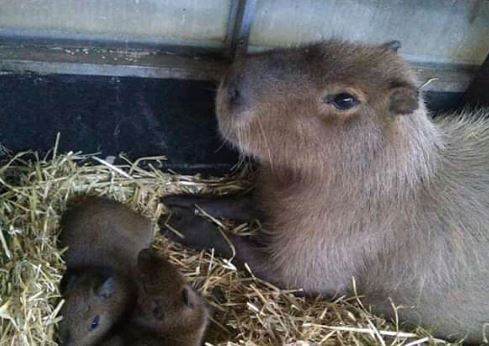Are you interested in keeping a capybara in your Georgia residence? If yes, this may be the most important post you’ve ever come across today.
Everyone wants to keep a pet capybara, mainly due to their cute, friendly, and docile nature. However, this creature isn’t suitable for all to keep in their homes.
Capybaras are not native to Georgia or the United States but come from South America. These rodents thrive in mild, warm temperatures and require access to water bodies to cool down their body temperatures.
The reason why the capybara stays close to water such as lakes, swamps, streams, and rivers is to swim and cool itself when the weather gets hot.
The capybara requires a lot of specialized diet, care, and attention. As animals raised in the wild, they can be carriers of diseases, so they require regular veterinary care and checkups.
Can You Keep a Pet Capybara In Georgia?
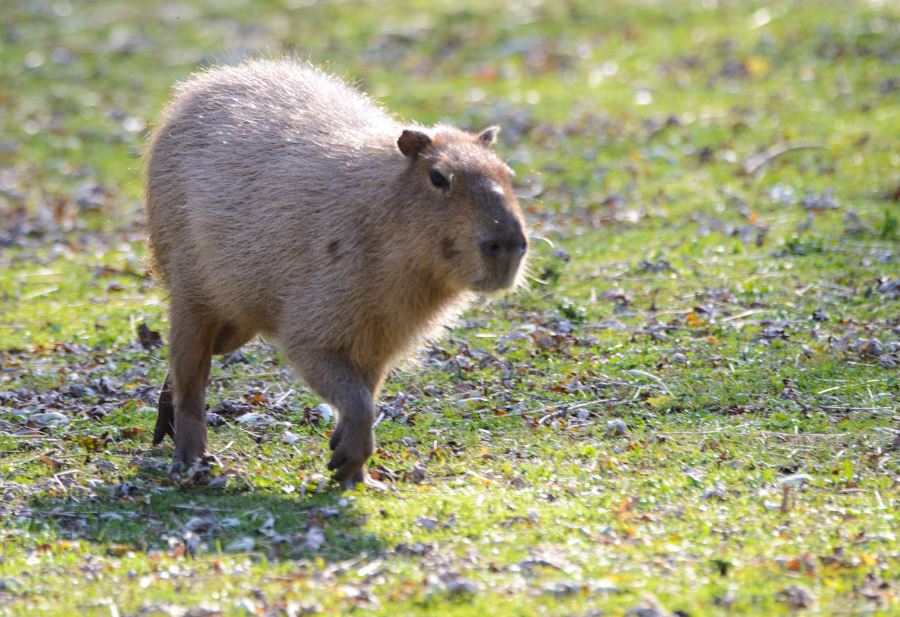
While it’s legal to own a capybara in certain states and cities in the United States, it is illegal and forbidden in the state of Georgia. The Georgia Department of Natural Resources prohibits the use of certain exotic animals, including the capybara, as house pets.
In essence, if you ever come across a wild animal such as a capybara, fox, bear, kangaroo, lion, tiger, dolphin, whale, any primate, prairie dog, raptor, bat, elephant, rhinoceros, etc, it is not suitable to keep them as pet.
Also, if you come across any wild animal, do whatever you can to reach out to the wildlife agencies in the state or contact a rescue. Don’t kill them or try to keep them because you could face legal charges, such as a fine or jail term.
However, if you are not interested in keeping domestic pets like cats and dogs but want to own an exotic animal as a pet in the state of Georgia, you may have to check the Nutria. Just like the Capybara, the Nutria is a large, semi-aquatic rodent that consumes a herbivorous diet, meaning it eats grasses and other forms of vegetation.
Still, certain states in the U.S. allow individuals to own pet capybaras. See the table below for more details:
| STATE | LEGALITY |
| Alabama | Legal |
| Alaska | ILLEGAL |
| Arizona | Legal |
| Arkansas | Legal |
| California | ILLEGAL |
| Colorado | ILLEGAL |
| Connecticut | ILLEGAL |
| Delaware | Legal |
| Florida | Legal |
| Georgia | ILLEGAL |
| Hawaii | Legal |
| Idaho | Legal |
| Illinois | ILLEGAL |
| Indiana | Legal |
| Iowa | Legal |
| Kansas | Legal |
| Kentucky | Legal |
| Louisiana | Legal |
| Maine | Legal |
| Maryland | Legal |
| Massachusetts | ILLEGAL |
| Michigan | Legal |
| Minnesota | Legal |
| Mississippi | Legal |
| Missouri | Legal |
| Montana | Legal |
| Nebraska | Legal |
| Nevada | Legal |
| New Hampshire | Legal |
| New Jersey | Legal |
| New Mexico | Legal |
| New York | ILLEGAL |
| North Carolina | Legal |
| North Dakota | Legal |
| Ohio | Legal |
| Oklahoma | Legal |
| Oregon | ILLEGAL |
| Pennsylvania | Legal |
| Rhode Island | Legal |
| South Carolina | Legal |
| South Dakota | Legal |
| Tennessee | Legal |
| Texas | Legal |
| Utah | Legal |
| Vermont | ILLEGAL |
| Virginia | Legal |
| Washington | Legal |
| West Virginia | Legal |
| Wisconsin | Legal |
| Wyoming | Legal |
Why You Should Not Own a Capybara In Georgia?
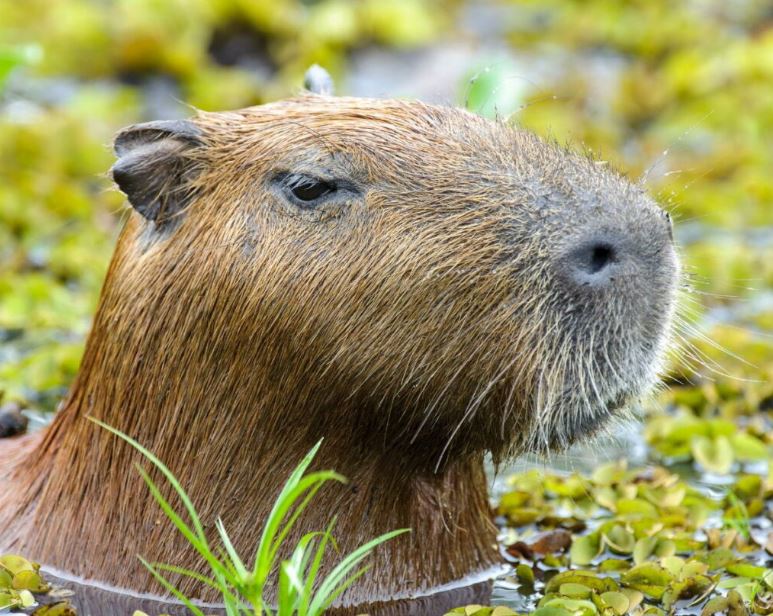
If you happen to stumble upon a capybara, monkey, or any exotic animal in your backyard, there is a tendency for you to retain it and make it your pet.
It is important for you to consider your options wisely before making any exotic animal a pet in Georgia. The following reasons will help you make the best decision as to whether or not to own a capybara in the state of Georgia.
1. To start with, many exotic animals are not prohibited from being kept as pets in Georgia. The laws of Georgia restrict residents from keeping native wildlife animals.
2. Many wild animals, including the capybara are active at night. Their activity at nighttime can be disruptive to the human environment.
3. Young animals tend to undergo strange behavioral changes as they grow. This isn’t different from the capybaras as they can get aggressive if you are not happy with their present owner, destroy furniture and household appliances, and may try to elope.
Capybara owners know that their pets take time to get accustomed to an environment different from their natural habitat and should be prepared to experience dramatic behavior from them.
4. The dietary needs of a capybara differ from that of a human. Many exotic pets suffer from malnutrition because their dietary needs aren’t met.
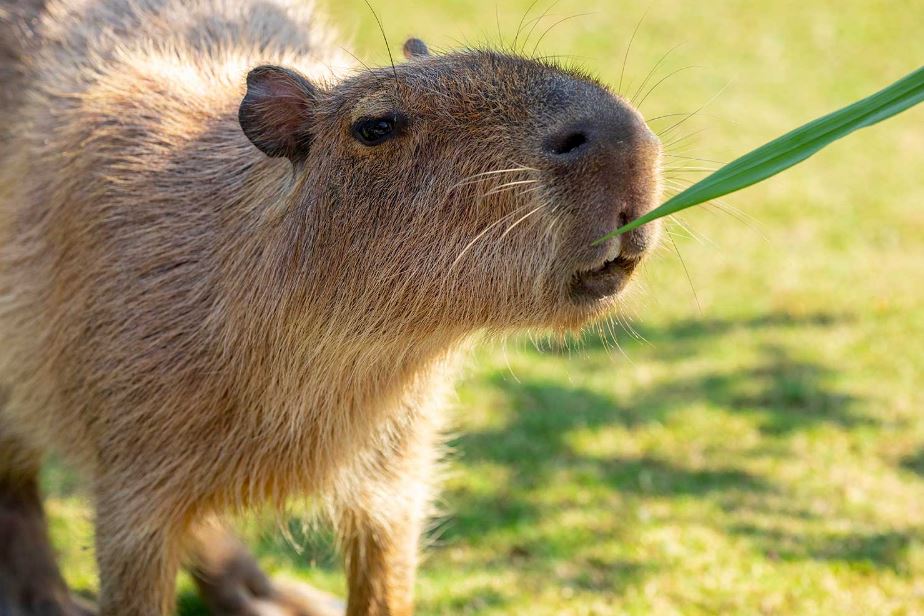
The capybara for instance is a herbivore and can consume more than 6 pounds of grasses every day. Most especially, they need enough water, including clean water for drinking and a pool or pond nearby to stay healthy. Failure to meet the dietary needs of your exotic pet may deteriorate the health of the animal or bring death to it.
5. The life expectancy of wild animals is different. Some require extensive care to live long. The capybara can live up to 12 years but if you happen to keep a monkey, which can live over 40 years, who will care for the animal when you are gone?
6. Apart from the capybara, if you are considering owning an exotic pet in Georgia, you should know that these wild animals are carriers of diseases, which is transferable to humans and other animals.
Examples of diseases found in wild animals include tularemia, plague, rabies, salmonellosis, and others. Vaccinations against these diseases are yet to gain approval for use in wild animals. Due to this, some veterinarians may find it strange to treat the diseases of wildlife animals. Likewise, most veterinarians will not treat exotic pets held illegally for liability reasons.
Before keeping a capybara or any wild animal in your custody, ask yourself if it is legal. Did you follow the due process, which includes getting a license or permit?
You will also want to consider if you are risking the health of yourself, your household, and your neighbors by keeping the animal. Will keeping the animal in your custody endanger it? Are you willing and ready to meet the dietary needs and do all that is required to maintain the animal?
It is crucial to consider these factors carefully as they will make you make the best choice. If you are willing to make financial commitments to care for the animal but doing this is illegal, it would be unwise to keep the animal.
What Wild Animals Are Not Permitted To Be Domesticated In Georgia?
Certain wild animals are not allowed to be domesticated in the state of Georgia. According to Georgia Law, it is illegal to domesticate or keep any of the exotic species below as pets.
- Marsupials (all species of kangaroos, sugar gliders, wallabies, etc).
N/B: Keep in mind that sugar gliders are legal to be kept as pets in Georgia if the owner has valid documentation showing that the animal was procured from a source examined, checked, and regulated by the United States Department of Agriculture.
- Whales.
- Rodents (all species of capybaras, cavies, degus, and prairie dogs except the ones permitted to be domesticated such as guinea pigs, hamsters, and gerbils).
- Rabbits and hares (all species with the exceptions of those normally domesticated).
- Primates (all species of monkeys, apes, etc).
- Pangolins or scaly anteaters (all species).
- Insectivores (all species of shrews, moles, hedgehogs, tenrecs, etc).
- Sloths, armadillos (all species).
- Bats (all species).
- Lemurs (all species).
What Animals Are Legal To Own as Pets In The State of Georgia?
Though the Georgia law prohibits you from keeping certain animals as pets, it permits you from domesticating other animals. If you are keen on domesticating a rodent, you can consider keeping a Nutria. Also, other rodents that are legal to own in Georgia include guinea pigs, gerbils, and hamsters.
Moreover, the state of Georgia allows the ownership of ungulate animals such as llamas, American bison, and water buffalos. We mentioned that sugar gliders are permitted to be domesticated in Georgia. Another interesting animal you can keep are European ferrets.
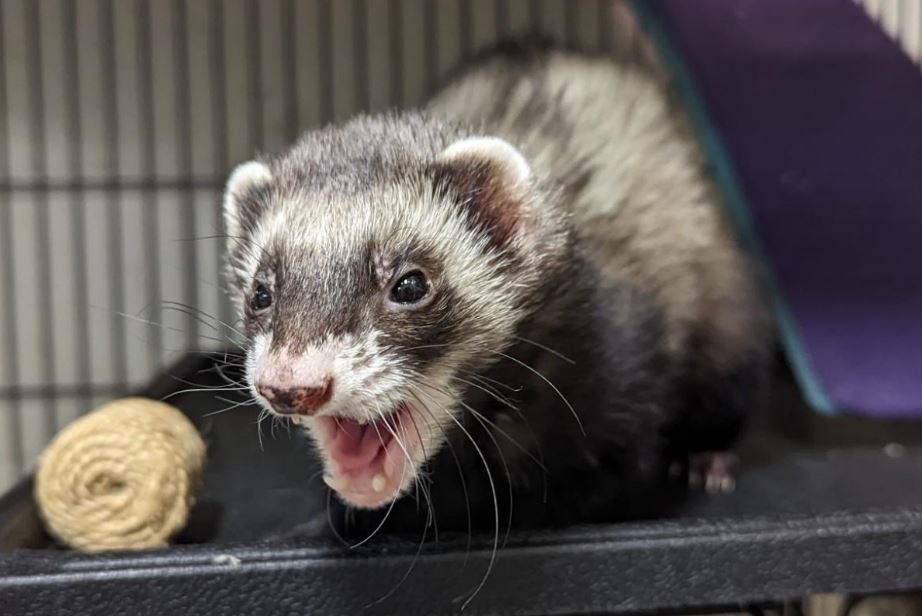
If you love birds and flying creatures, you can domesticate bird species such as Hull mynas, English sparrows, and European starlings. Georgia residents who require assistance with everyday chores and activities due to aging, disease, or permanent disability are legally allowed to own a Capuchin service monkey.
However, not every individual in the state can own such monkeys except those who meet the requirements mentioned above. Capuchin service monkeys can be trained to help with certain chores and tasks in the home but they are not suitable to be used as pets by the general populace.
Conclusion
If you are considering domesticating a pet capybara in the state of Georgia, this article has helped show you if it is the best thing to do or if you are making a mistake. It is important to understand that capybaras and other varieties of rodents are illegal to be kept as pets in Georgia. However, you can keep gerbils, hamsters, and guinea pigs.

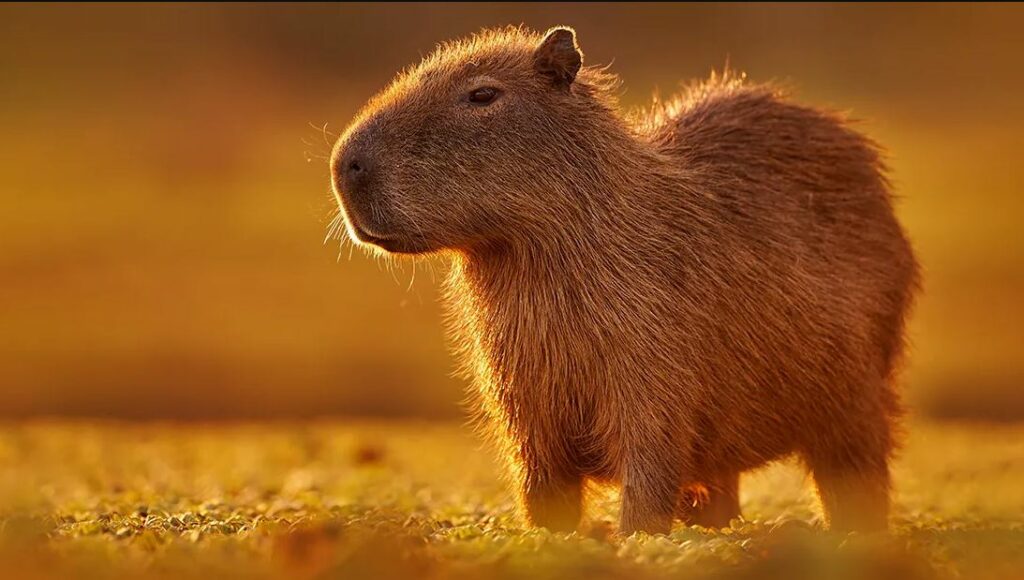
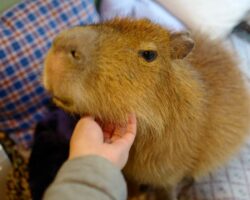
![Capybara Meat And Its Culinary Uses - [Every You Should Know] Capybara Meat & Culinary Uses](https://capybaratips.com/wp-content/uploads/2023/03/Capybara-meat-250x200.webp)
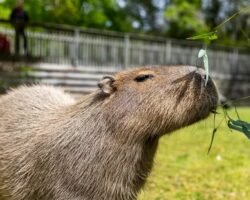
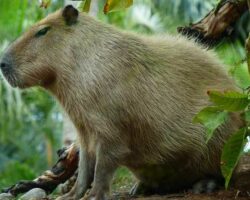
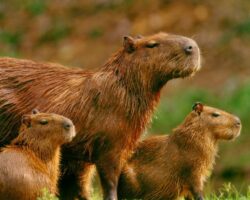
![Where Can I Buy a Capybara Near Me? - [Recommended] Where Can I Buy a Capybara Near Me](https://capybaratips.com/wp-content/uploads/2023/03/Near-Me-250x200.webp)
